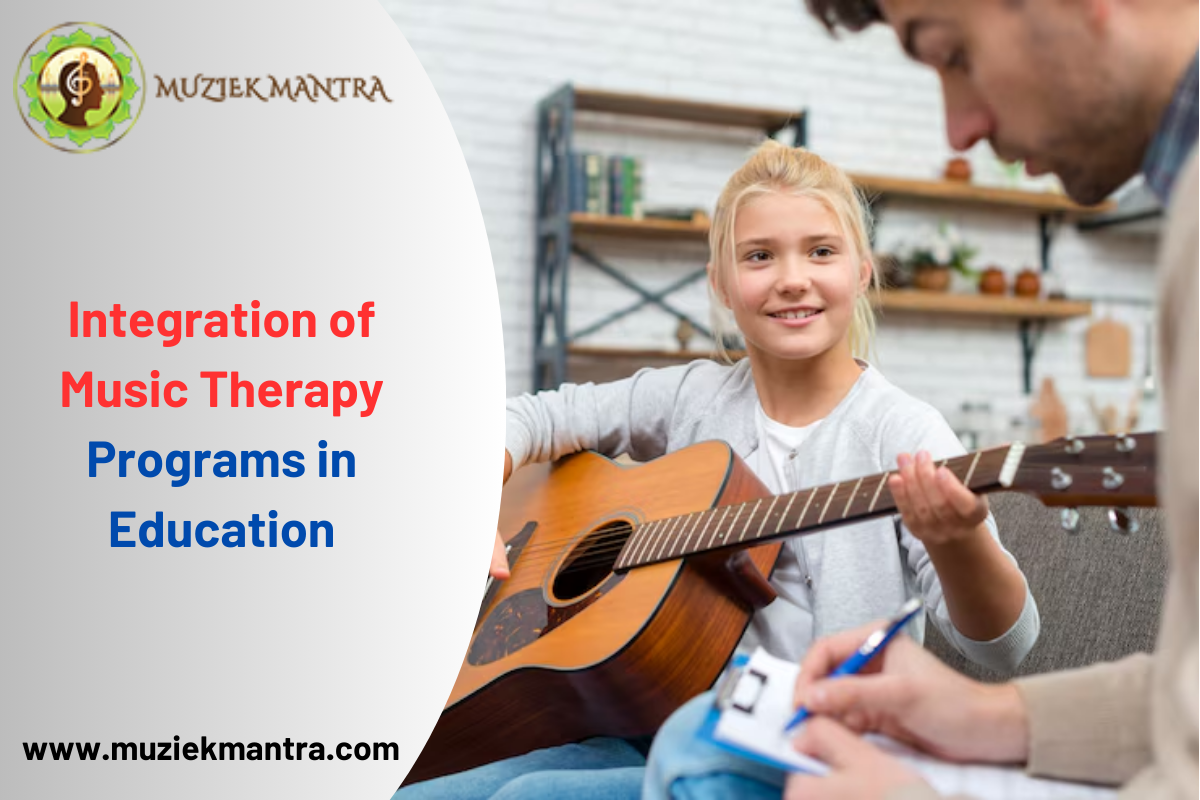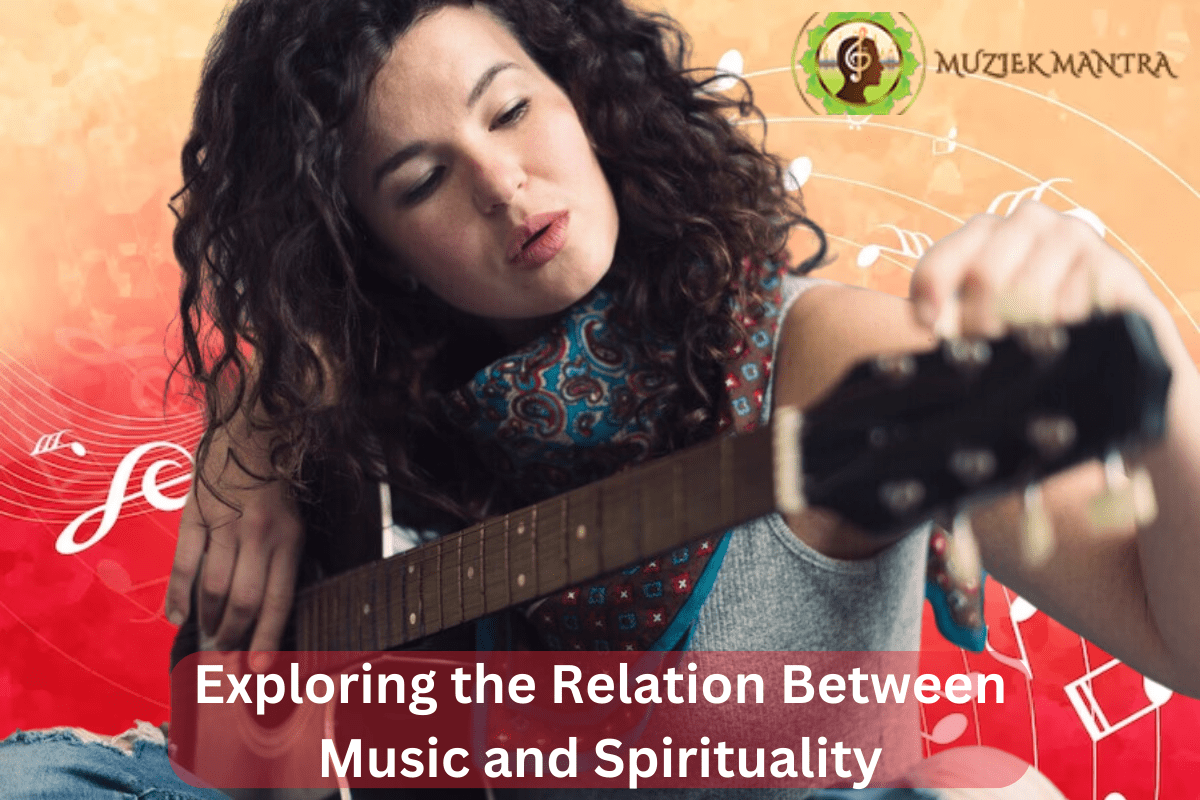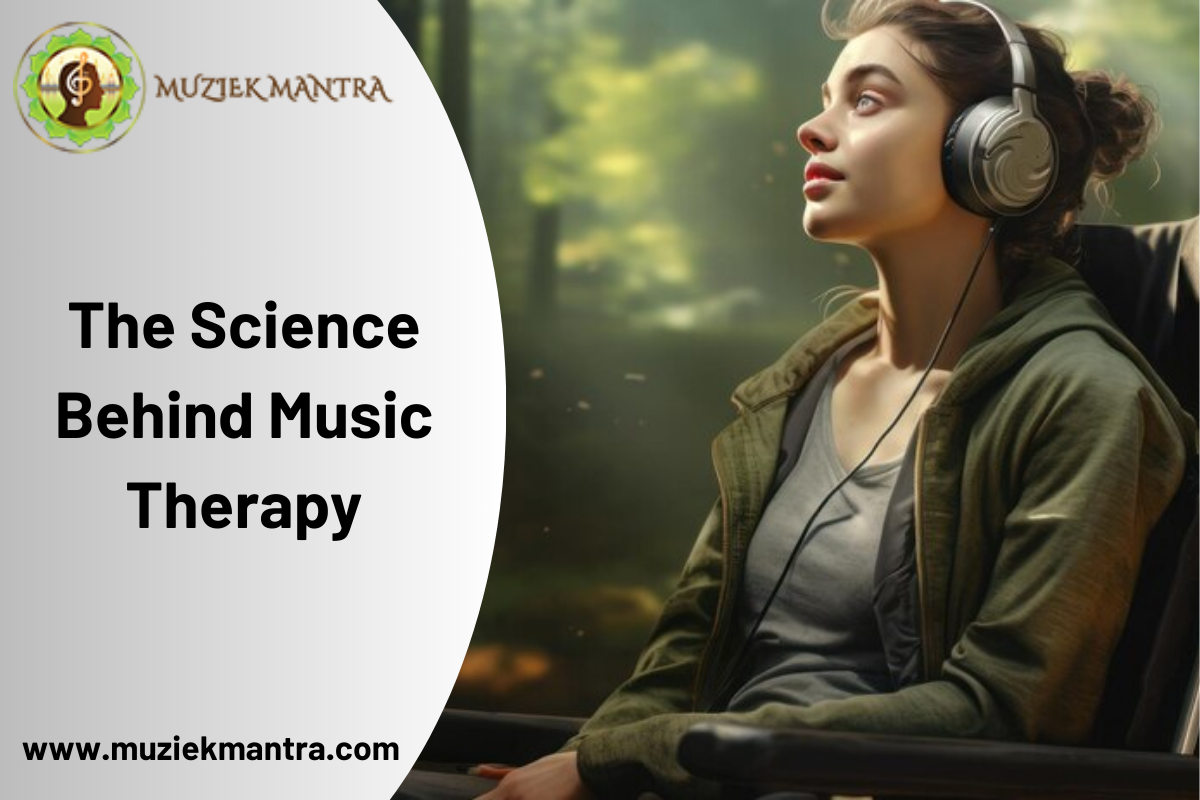Making music can involve much more than just taking up an instrument for those who struggle with learning; it can also involve expressing oneself freely and working toward accomplishments. Those who struggle with learning can benefit greatly from music therapy. It usually highlights how music may be used for interaction, discourse, and artistic expression.
It’s interesting to note that most research studies demonstrating the advantages of music therapy for individuals with learning disabilities – focus on children and special education. The usefulness of music therapy for individuals with learning disabilities has been studied, however, the volume of data that is currently accessible is not sufficiently reflective of this population.
Cases when music therapy may be beneficial for people with learning disabilities:
- Developing connections and enhancing social, communicative, and interpersonal skills.
- Acquiring emotional self-control and self-expression skills
- Nonverbally addressing loneliness by encouraging dialogue and easing the associated stress
- reducing tension and restlessness
- improving hand-eye coordination and fine motor capacity; encouraging decision-making and preference expression.
- enhancing confidence, self-worth, trust, and accomplishment; as well as preserving, restoring, or rehabilitating functional cognitive and sensory abilities.
It could be challenging for special education teachers to create and implement useful techniques. Finding solutions that benefit each learner differently is the first step in improving the issue. One of the best teaching strategies for a range of special education students is music therapy. It offers a wide range of instructional options, allowing teachers to customize therapy to meet each student’s unique needs.
It might aid in the growth of communication and sensory inputs. It improves fine motor skills and movement control. Students could experience a feeling of achievement as a result. Because they firmly believe in this area of special education, universities all over the world provide specialized courses and degrees in music therapy.
Music Therapy: What Is It?
According to the American Music Therapy Association (AMTA), teachers of all patterns, including those in special education, can employ music therapy to assist individuals in achieving objectives related to wellbeing, stress management, improved interaction, and expressing feelings and thoughts. The concept of employing music therapy to treat a wide range of conditions first emerged in the year 1800!
Programs for music therapy can be helpful for students of any age. Early childhood settings, elementary schools, middle schools, and high schools all offer music therapy. For kids that react well to art therapy methods, music therapy offers an imaginative way to provide treatment. Additionally, in special education settings, it complements other teaching methods.
Music therapy is under the authority of the people with Disabilities Education Act (IDEA) due to its recognition as a legitimate healthcare service. With the support of this act, public education for students with disabilities will always be free and tailored to their requirements. If music therapy is included in the student’s IEP, special education pupils may be eligible for complimentary music therapy training through the community’s public school system under IDEA.
Getting An Overview
- Instructors need to consider each student’s unique needs while deciding how best to implement music therapy in the classroom. Any special education committee creating the student’s IEP ought to use the same approach. Individualism must be a component of the IEP’s objectives and strategies.
- In order to try to help the student, music therapists working in special education classrooms have a variety of options, such as:
- Humming and Singing
- Additional vocal music methods
- Performing on an instrument
- Using percussion to play an instrument.
- Step dance.
- Unrestricted mobility
- Experimentation in music
Certain special education pupils might react more favourably to computer-based music creation, songwriting, lyric analysis, or editing. For some other pupils, digital music software could be the most effective approach.
What Is Not Music Therapy
If an educational institution lacks access to a qualified music therapist, they can think about providing alternate music-related activities. Recognize that music therapy isn’t the same as other musical experiences if you’re the parent of a special education student with an IEP.
Schools can provide music education and experiences that don’t quite fit the definition of music therapy. While these musical experiences can be helpful, they cannot offer learners the same advantages as formal music therapy.
Music Therapy for Students with Behavioural Disorders
Students with behavioural disorders may benefit from music therapy techniques. Music stirs emotions, therapists can use different types of music to evoke and cope with various emotions and self-regulation strategies. Professionals in special needs education acknowledge that music therapy can benefit kids of all ages who require assistance with their behavioural health in the following areas:
- Anxiety-related disorders
- ADHD stands for attention deficit hyperactivity disorder.
- ASD, or autism spectrum disorder
- Mental illness
Students as young as preschoolers and teenagers can both gain from music therapy. This is a helpful tool, especially in a self-contained classroom where pupils of different ages could spend the entire day together.
Music therapy may help preschoolers who are having difficulty meeting milestones and developing language like their peers. Singing enthusiasts may find that music is a more effective medium for developing basic communication and language abilities than traditional spoken communication.
Music Therapy for Students Having Memory Problems
Music therapy may also be helpful for students who have memory problems. specific kids may find memorization challenging, and as a result, they may perform less academically than their peers in specific courses.
Music therapists may advise kids to use memorization techniques such as learning the notes to play an instrument or singing along to a favourite song. Some pupils find that learning music by heart is easier than learning conventional educational subjects.
Conclusion
In numerous situations, music therapy has been shown to be effective. There is little doubt that not all students benefit from music therapy. It might provide amazing outcomes for a particular pupil and just patchy gains for another pupil with similar requirements and age. However, there are enough successful outcomes from music therapy for special education students in a variety of settings to warrant further investigation.
If families want to employ music therapy to help their kid achieve results, they should think about including program goals in their child’s IEP. For special education kids, music therapy is frequently already offered by schools, either in-person or through at-home training. If not, guardians might recommend that efforts be made to incorporate music therapy into special education classrooms.



